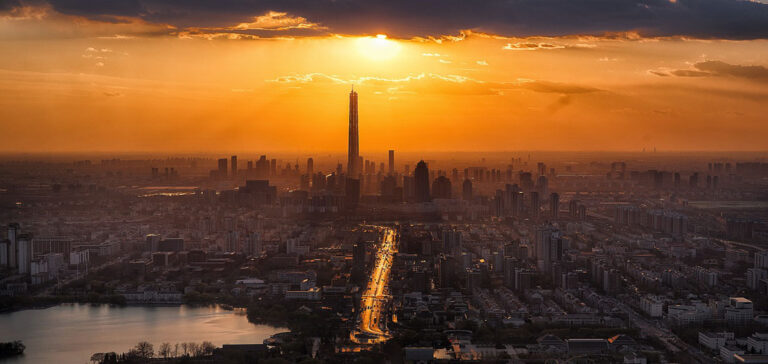The International Energy Agency (IEA) calls for cooperation to “set aside geopolitical tensions” within the international community. It has taken this initiative in order to make progress in the fight against climate change, deeming greater “cooperation” essential if the Paris Agreement is to be met.
Geopolitical fragmentation, a major obstacle
“The 1.5°C warming target set in Paris in 2015 is “still within reach”, but faces “many challenges”. IEA Director Fatih Birol issued a warning at an international climate and energy meeting in Madrid aimed at creating a “coalition of countries” two months ahead of COP28. Among these challenges, “the one that seems to me the most important” is “the geopolitical fragmentation of the world”. This is “a major obstacle” to achieving this objective. According to the head of the IEA, investments “in technology and clean energy” are currently experiencing “very strong growth”. But “the lack of international cooperation is a serious problem. We need to find a way to put aside geopolitical tensions” between countries.
COP28 and current challenges
According to Spain’s Minister for Ecological Transition, Teresa Ribera, discussions at COP28 will undoubtedly be “difficult”. It calls for more “multilateralism” in the face of “current challenges”.
The sources of tension within the international community have multiplied in recent months, due in particular to Russia’s invasion of Ukraine and the growing rivalry between the United States and China, which have led to fears that the climate issue will take a back seat. The 28th United Nations Climate Change Conference (COP28), to be held from November 30 to December 12 in Dubai (United Arab Emirates), should enable the international community to move forward on reducing greenhouse gases as an energy policy. It will also be an opportunity to take stock of countries’ commitments to meet the objectives of the Paris Agreement, which aims to keep global warming below 2°C and if possible to 1.5°C compared with the pre-industrial era, a limit that seems hard to reach on current trajectories.
Conditions for a successful COP28
According to the IEA, a number of conditions must be met for the Dubai conference to be a success. These include a tripling of investment in renewables and a financing mechanism to support clean energy in developing countries. In November 2022, COP27 in Egypt reached a compromise on the principle of a special fund for vulnerable countries. However, no progress was made on the phase-out of fossil fuels, deemed urgent by the IEA in view of the current climate situation. The months of “July and August” were “perhaps the hottest in history. And it looks like 2023 will be the hottest year on record”, said Fatih Birol on Monday, at a time when climate disasters (heatwaves, floods, fires, etc.) are multiplying on every continent.






















